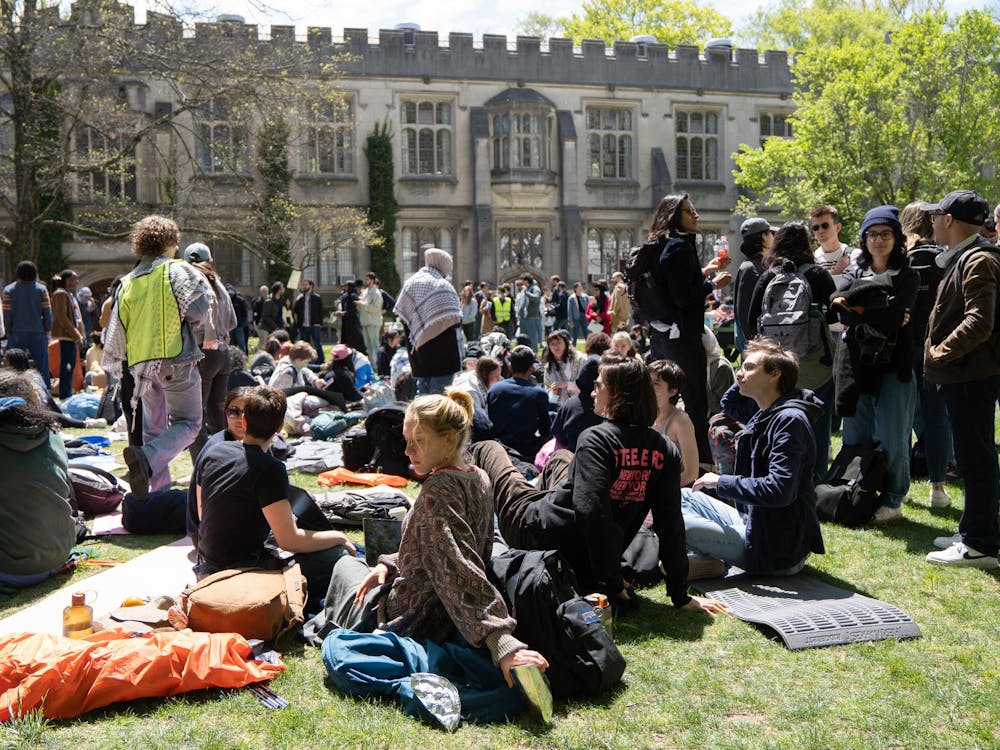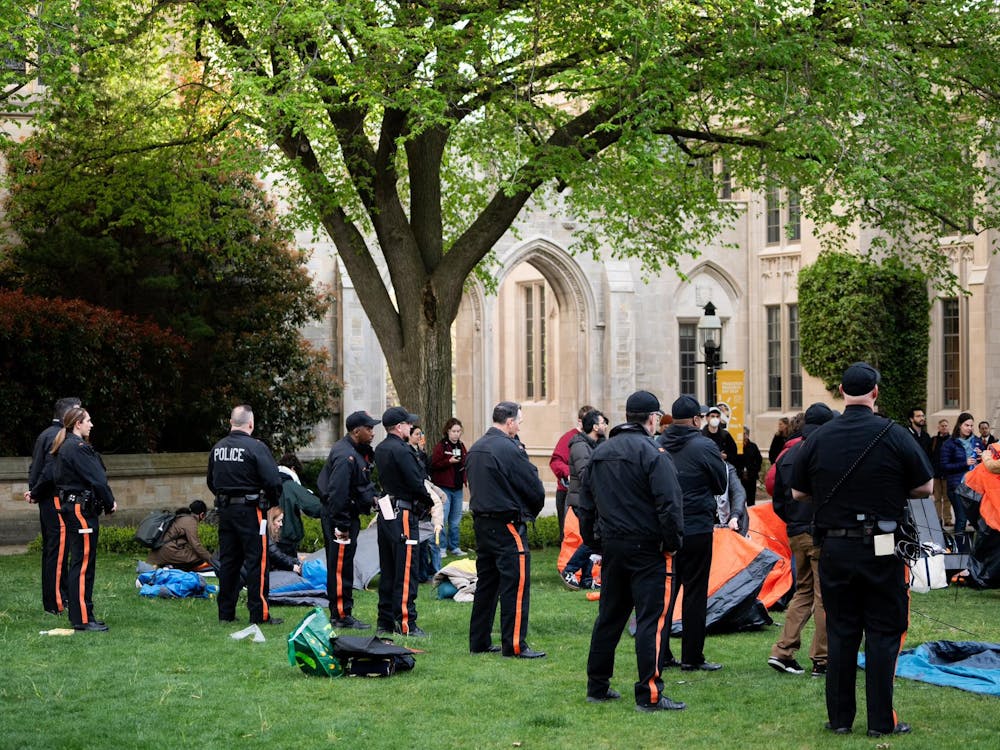As a freshman, I entered COS 126 with a healthy degree of apprehension. Having been forewarned that I could be called for a disciplinary hearing at any time for inadvertent plagiarism, I took great pains to lock myself into a room and bang out our first programming assignment. I soon realizedthat these were all misconceptions.I didn’t have to figure out the intricacies of randomwalker.java or it’s more vexing version, randomwalkers.java, all by myself. The course came with resources like Piazza, office hours, and best of all, lab teaching assistants who were at Lewis Library every evening helping hapless students debug their code. These undergraduate students who had taken the course in previous semesters regularly host help sessions, which are distinct from the office hours of the graduate student preceptors.
Personally, I ended up spending every Thursday or Friday night in Room 121 in Lewis Library because it was usually the only time I had to work on my code. Very quickly, however, I began to realize that not all lab TAs are created equal. Some of these TAs would blow my mind and help save my life, or at least a couple of hours of my life. The vast majority, however, would point to a bug that I wasn’t concerned about, help me fix it, and then float away onto the next person in the endless queue. I would put myself on the queue again and end up fixing my program in the span of time it took to get to my turn.
The TAs were a primary resource for me when I didn’t understand something in my code or when I didn’t understand certain syntax. Yet, what I didn’t realize is that the TAs are not supposed to function as tutors. While they are on the job, they are advised not to explain long-winded concepts to lost students with severe gaps in their knowledge. That is not to say that several TAs haven’t drawn a long diagram to help me understand my program. But that is not their primary job.
A lab TA is authorized to look at anyone’s code but notto explain the concepts behind thecode to the very people he or she is trying to help. One of my friends who is a lab TA explained the reason behind this:lab TAs are not trained to teach computer science and thereby cannot teach students while working for the computer science department at Princeton.To me, that makes very little sense. Can’t these students, who are at a higher level of understanding in terms of computer programming, help their fellow students on a conceptual level? Maybe the TAs should be trained to tutor, or at least advised to help students in the best way they see fit.
Furthermore, the current system places such emphasis on preventing plagiarism that it likely contributes to the policy that prevents TAs from explicitly explaining concepts or actively helping students fix their code, which ultimately serves a counterproductive function. Part of the reason why lab TAs cannot explain concepts along with code is the fear that they will somehow do the work for the student who needs help. However, when a lab TA points out some aspect of the code and takes time to explain it, the student often ends up understanding the concept better than if he or she had simply fiddled around with the code until stumbling upon the right solution.
In many other classes at Princeton, doing problem sets with friends is the norm. The culture of computer science, however, seems to revile the collaboration of students in writing code for the same class. That’s why lab TAs are such a great resource. They have just recently gone through the very classes that current students are struggling with, and have a wider scope of understanding when it comes to computer science in general. They can easily help us fix a minor bug in our application programming interface or trace the entirety of a recursive program. Already, many TAs help out in direct manners contrary to the roles they are authorized to perform; given this state of affairs, it might perhaps be better if they were authorized to help in this way to begin with. It would make the Room 121 experience all the more enlightening and give the TAs more leeway to help a fellow student out.
Editor's note: this column has been updated October 4, 2016 to clarify some of the author's original points.
Bhaamati Borkhetaria is a sophomore from Jersey City, New Jersey. She can be reached at bhaamati@princeton.edu.







